Apple's AirPods are about to become your personal translator, but if you're living in Europe, you'll have to wait a bit longer to join the conversation. The company recently announced that its highly anticipated Live Translation feature will finally make its way to EU users in December 2025, after months of regulatory hurdles that kept European customers on the sidelines. Apple's real-time translation capability was originally introduced alongside the iPhone 16 series in September 2024, but EU residents were excluded due to compliance concerns with the Digital Markets Act. The feature transforms your AirPods into sophisticated translation devices that process conversations in real-time using Apple Intelligence, making cross-language communication seamless and private.
The delay underscores a familiar tug of war, fast-moving tech versus slow-moving rulebooks. The software was ready. The DMA made the rollout messy, which sent Apple on a long engineering detour.
What this means for Apple's ecosystem strategy
The delayed EU rollout highlights a broader shift in how tech companies navigate global rules. Advanced AI features increasingly debut in markets with fewer interoperability restrictions before reaching regulated zones, which creates a two-speed innovation landscape.
Look at the timing. Apple Intelligence was rolled out in India on April 1, 2025, as part of the iOS 18.4 update, while EU customers waited longer. Apple's EU-delayed Apple Intelligence features arrived in March 2025, five months after non-EU customers got the collection in iOS 18.1. The pattern points to regulatory complexity, not technical capability, as the limiter for availability.
Taken together, it suggests advanced capabilities like real-time translation are influenced by law and policy as much as by engineering. Legislation meant to promote competition can delay innovation reaching consumers in certain markets.
The implications for Apple's ecosystem are clear. The company has had to build new approaches that accommodate third-party hardware while preserving its privacy standards. That work could benefit the broader industry with more interoperable translation tools, even if it stretches timelines.
What stands out is how Apple handled the challenge. Instead of compromising the privacy-first approach or skipping the feature in regulated markets, it invested the engineering to meet compliance while keeping the core experience intact. Other companies will likely take notes.
Bottom line: Live Translation delivers Apple's vision of seamless cross-language communication, and its staggered rollout shows how regulation can slow even the flashiest tech. EU users will finally get their hands on this feature next month, and for anyone who lives in multilingual conversations, it should be worth the wait.





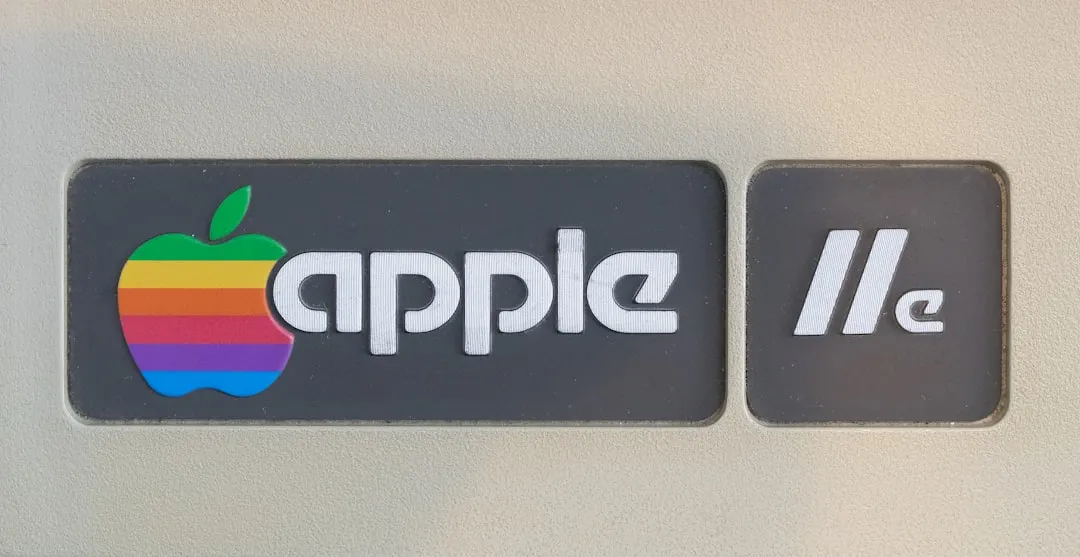
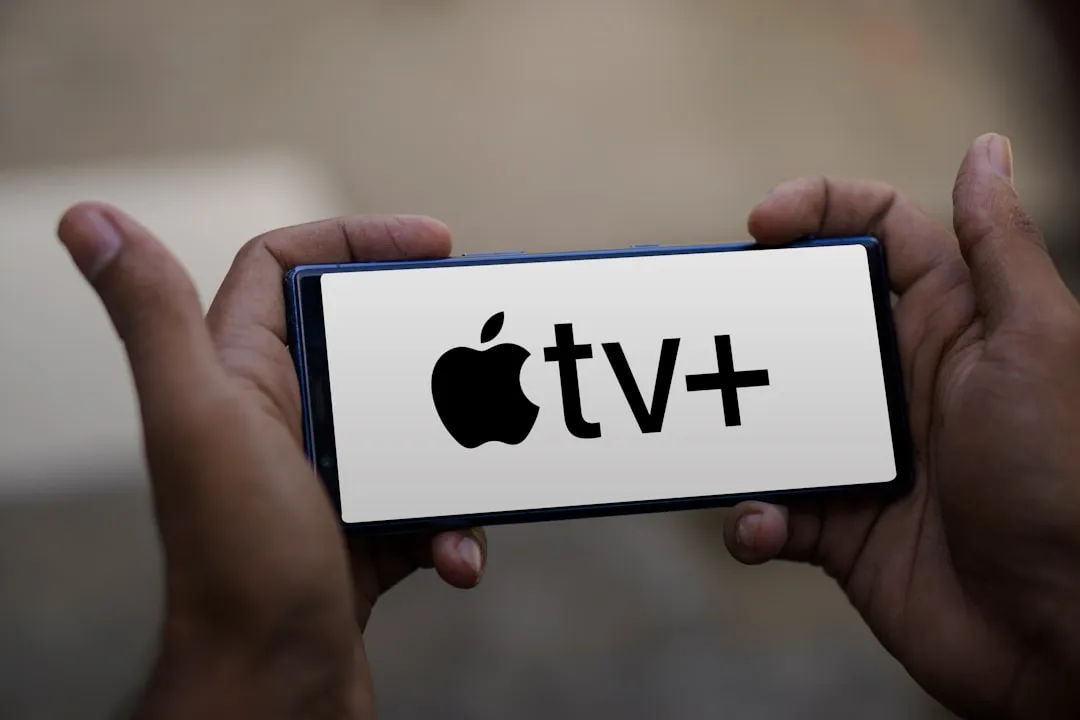
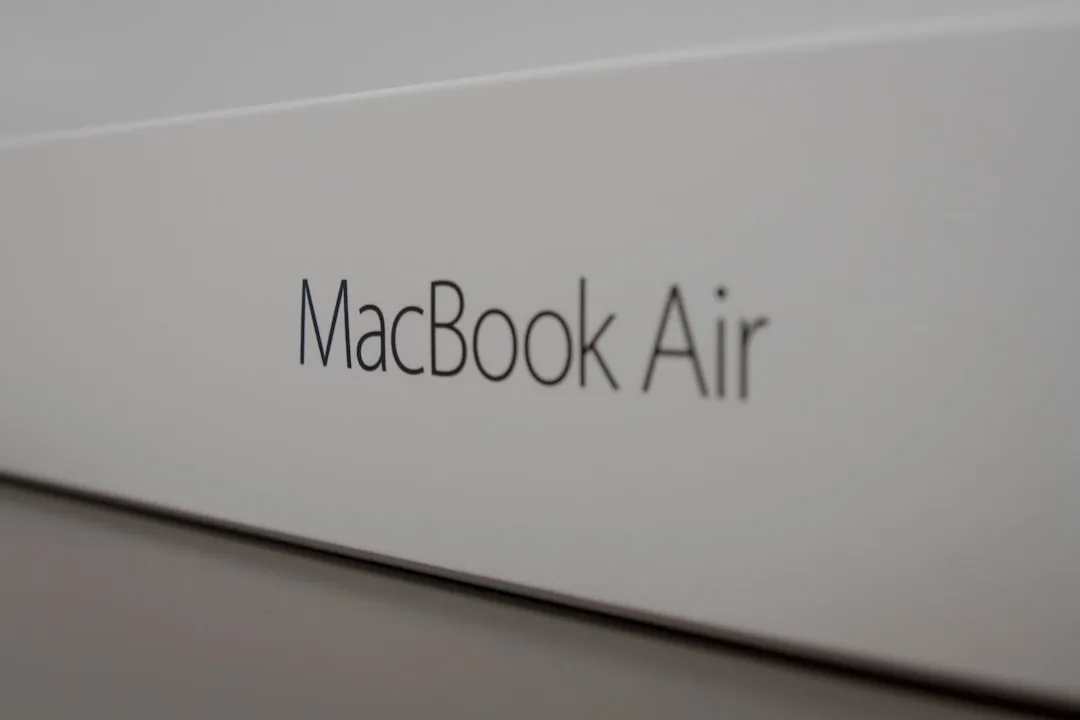

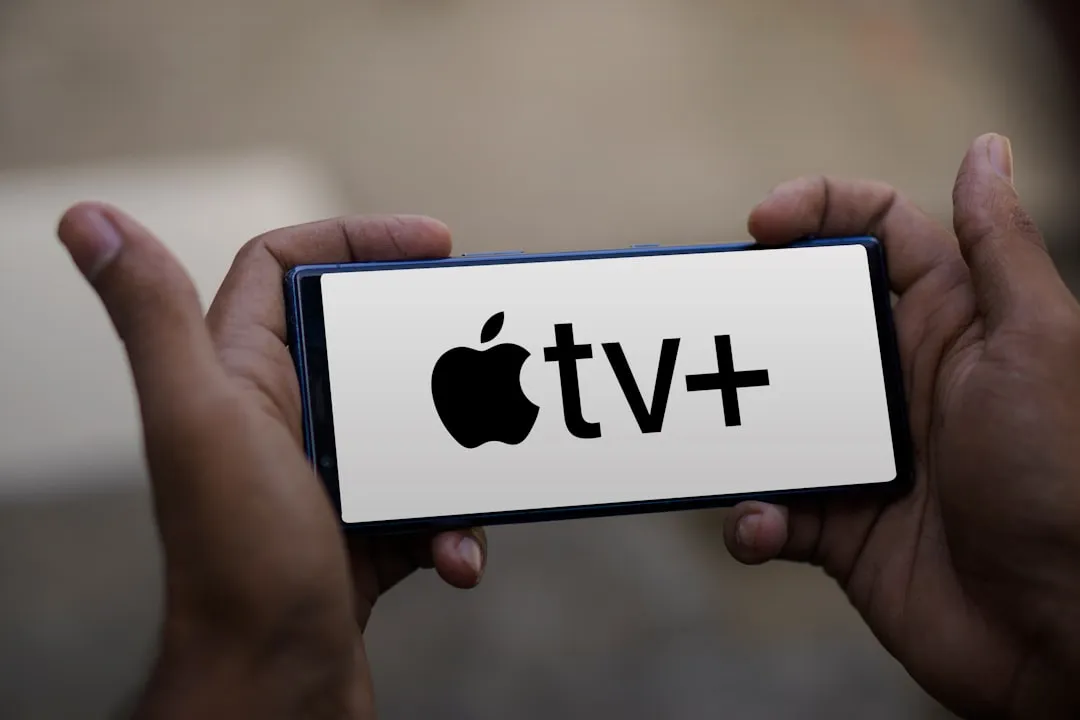
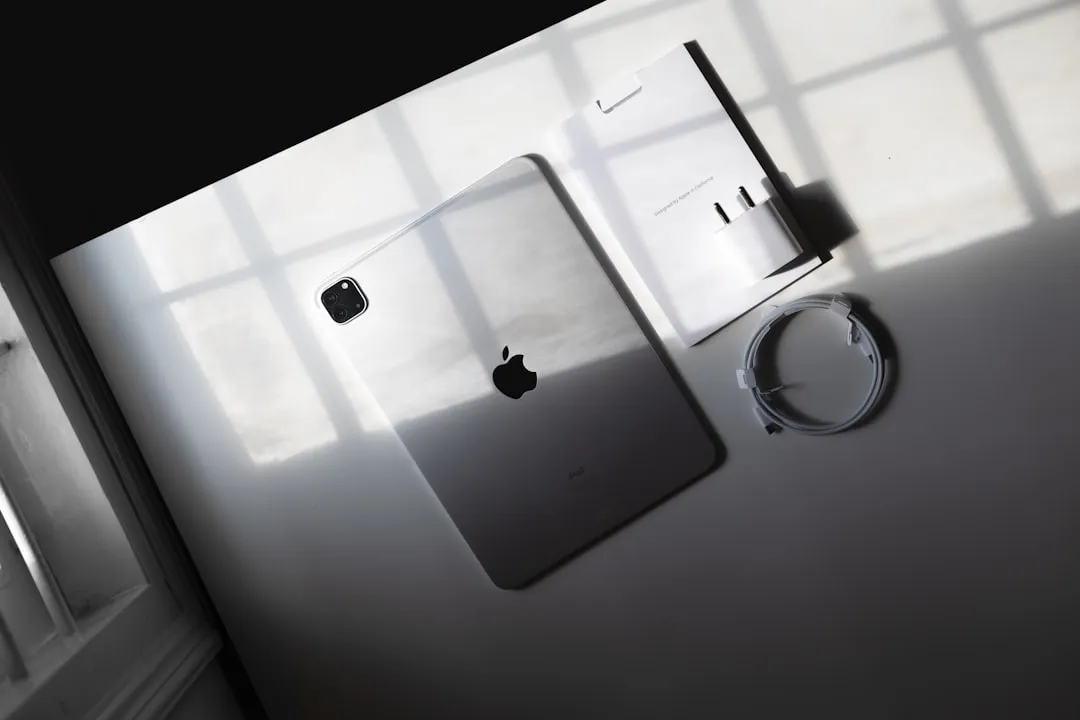




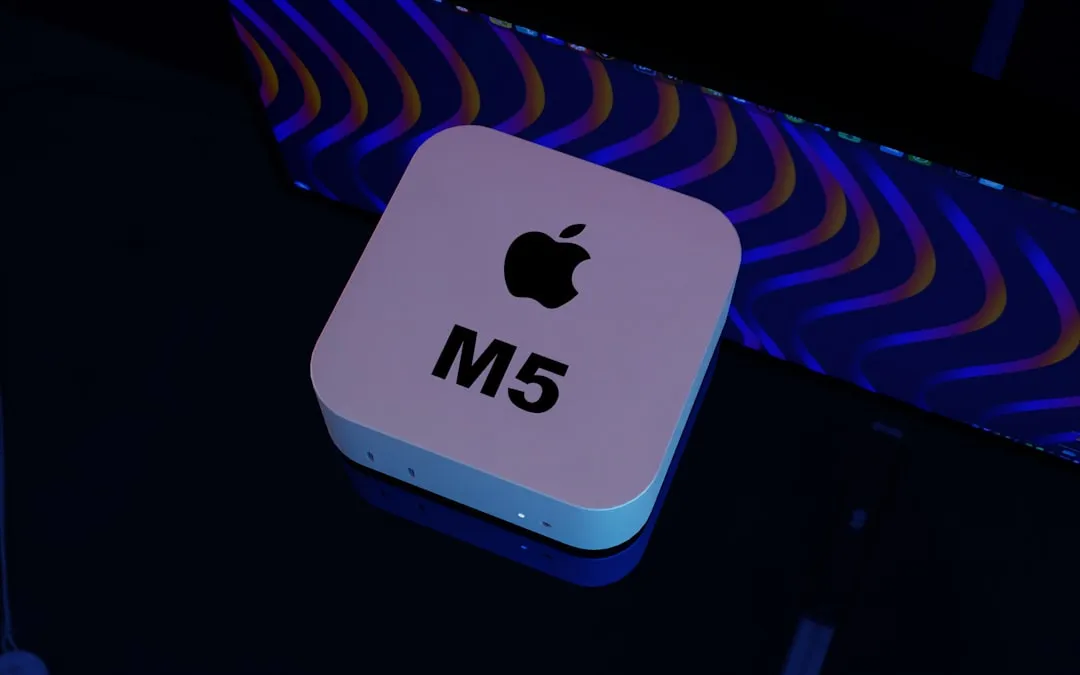


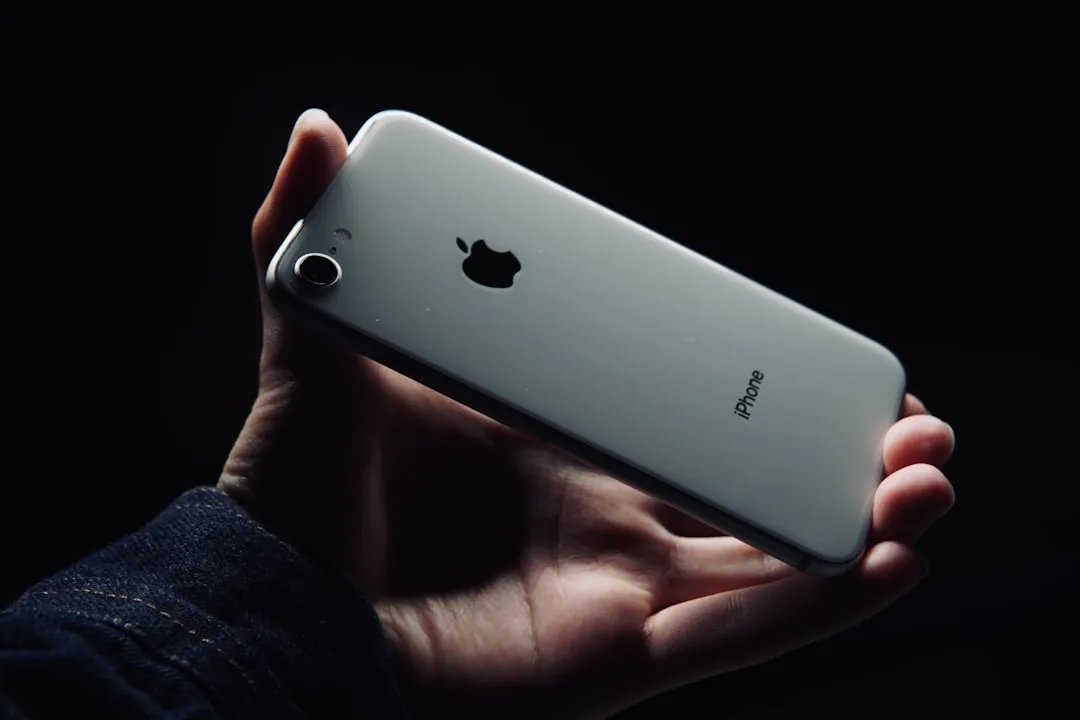

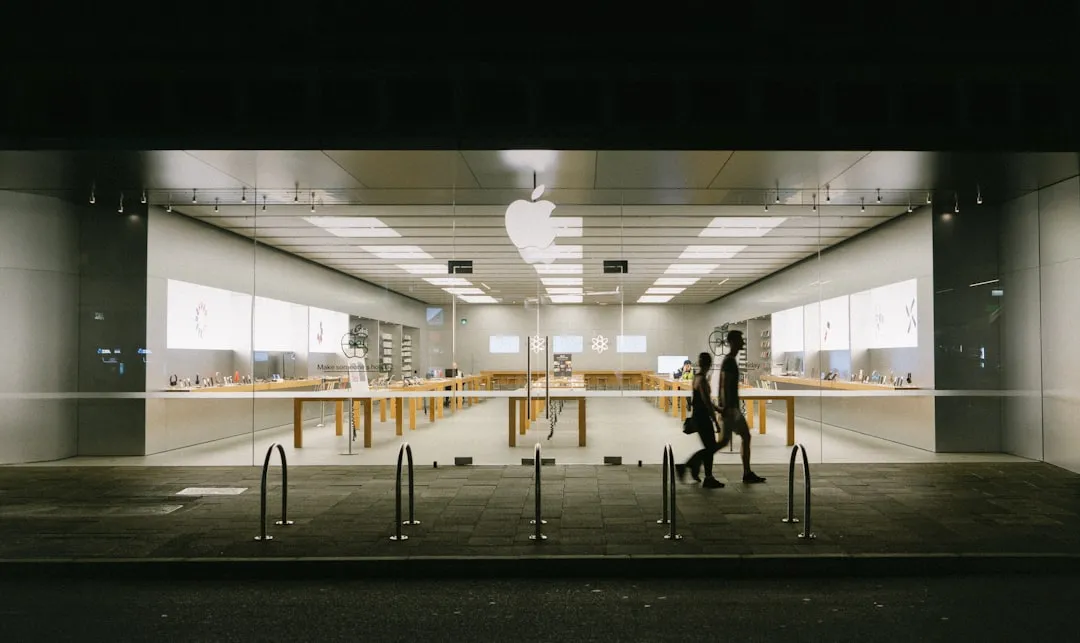

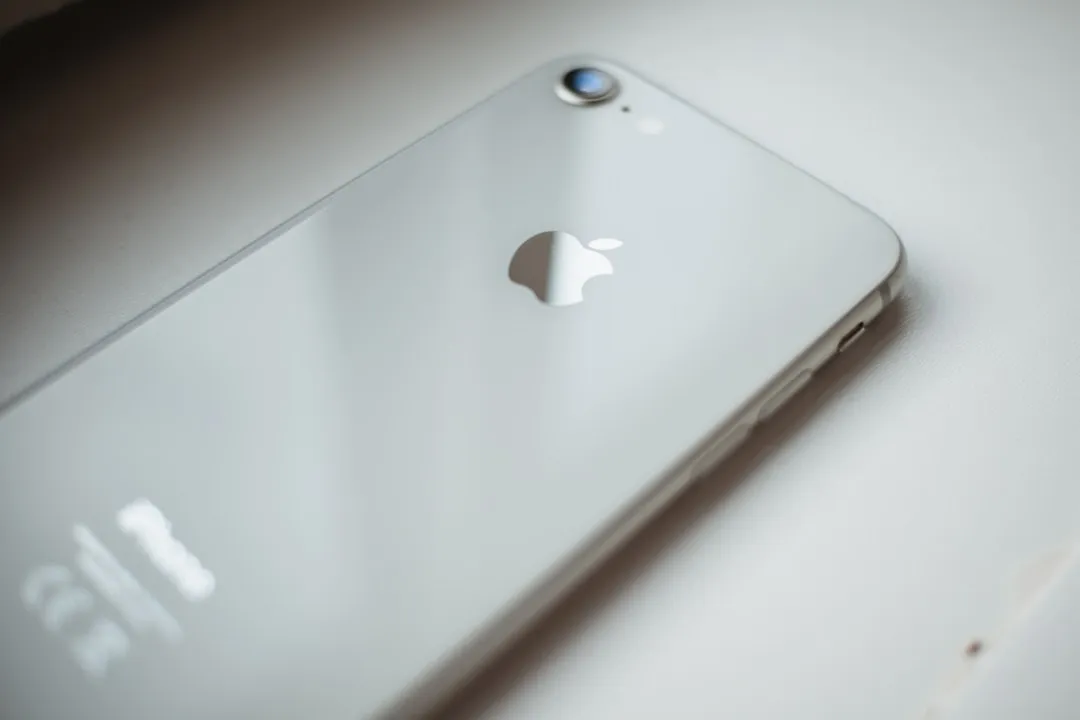
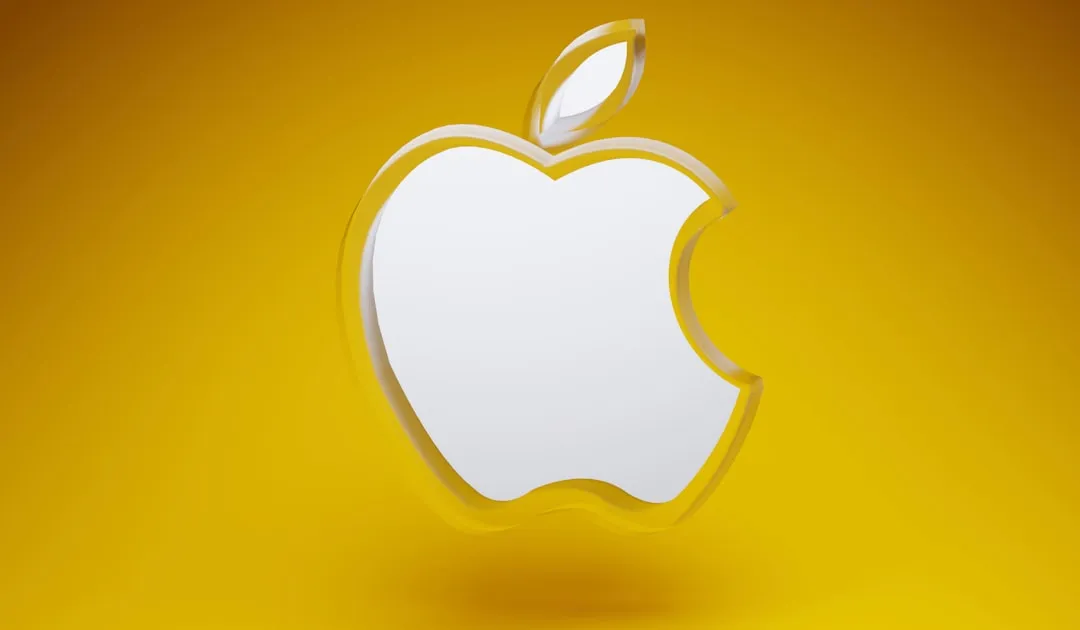
Comments
Be the first, drop a comment!